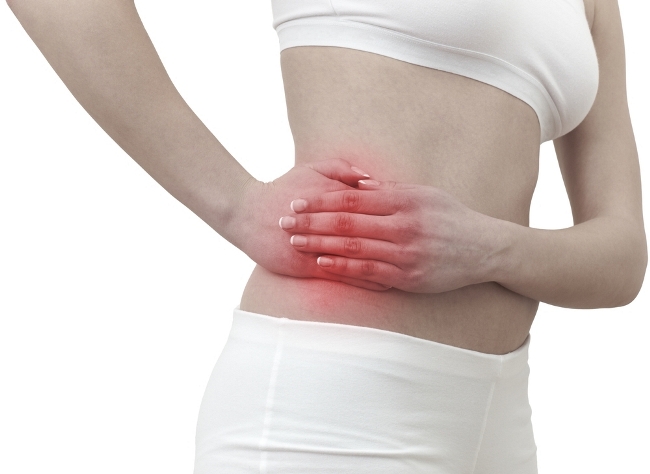More than 500,000 Americans visit the emergency room with kidney stones each year.
These hard, often painful-to-pass mineral deposits develop when crystal-forming waste products—such as calcium, oxalate, struvite, and uric acid—become too abundant for the fluid in the urine to dilute. A family history of kidney stones can play a role in someone’s risk levels, as can digestive issues and recurrent urinary tract infections.
“Patients often begin to experience pain when stones grow large enough to cause blockage or irritation,” says Argil Wheelock, MD, urologist with Erlanger Urology. “While patients often can simply wait for smaller kidney stones to pass, they should see a doctor if the pain is unbearable or there are any signs of infection.”
Signs and symptoms of kidney stones include:
- An intense need to urinate, often accompanied by urinating more often than usual and a burning sensation during urination
- Nausea and vomiting
- Cramping or stabbing pains in the back and side, which can also be felt in the groin or lower abdomen
- Dark or red urine
Diagnosis and treatment
Along with performing a physical exam, a doctor will take a medical history in order to diagnose kidney stones. He or she may also perform certain tests, including urinalysis, blood tests, and various imaging tests such as computed tomography (CT) scans or abdominal X-rays. “Small kidney stones can be painful enough that patients may need pain medication and fluids,” says Dr. Wheelock.
“For larger stones, treatment methods can include shock wave lithotripsy, which uses high-energy sound waves to break the stone into smaller pieces, or ureteroscopy, which utilizes a thin, flexible viewing instrument called a ureteroscope to find and retrieve the stone through the urethra.”
Prevention
One key to preventing the formation of future kidney stones is ensuring you drink enough fluids. As a general rule, your goal should be to drink two to three liters of water or other liquids, such as citrus drinks, each day. Decreasing your sodium intake is also helpful, as high sodium consumption can create an environment in which it is easier for kidney stones to form. Further, reducing your consumption of red meat and eating a diet rich in fruits and vegetables, which contain fiber, potassium, antioxidants, and other nutrients that can prevent stones from forming, can be effective.
For more information about the Erlanger Urology team, please call 423-778-2564, or visit erlanger.org/urology.






